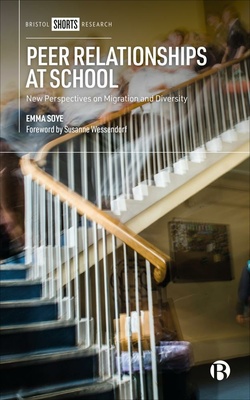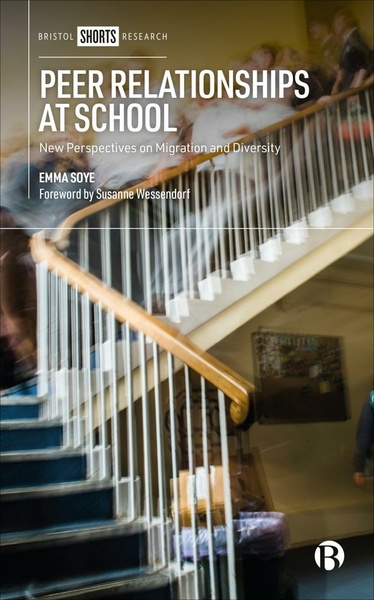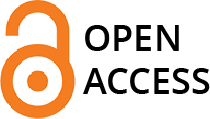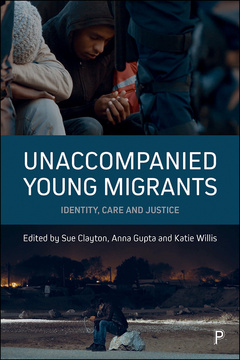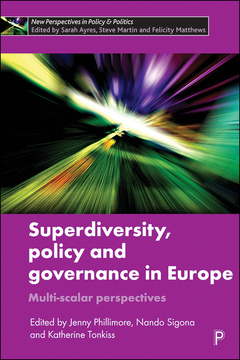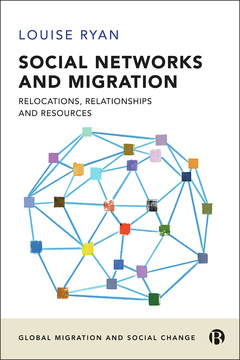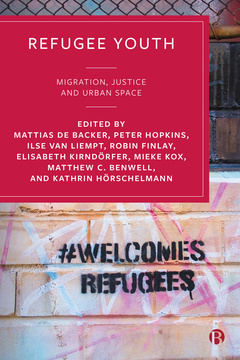Published
Feb 26, 2024Page count
156 pagesISBN
978-1529235753Dimensions
203 x 127 mmImprint
Bristol University PressPublished
Feb 26, 2024Page count
156 pagesISBN
978-1529235760Dimensions
203 x 127 mmImprint
Bristol University PressAvailable Open Access digitally under CC-BY-NC-ND licence.
It is increasingly recognized that ethnonational frameworks are inadequate when examining the complexity of social life in contexts of migration and diversity.
This book draws on ethnographic research in two UK secondary schools, considering the shifting roles of migration status, language, ethnicity, religion and precarity in young people’s peer relationships. The book challenges culturalist understandings of social cohesion, highlighting the divisive impacts of neoliberalism, from pervasive temporariness and domestic abuse to technologization and neighbourhood violence.
Using Martin Buber’s relational model, the book explores the interplay of ‘I-It’ boundary-making with reciprocal ‘I-Thou’ encounters, pointing to the creative power of these encounters to subvert, reimagine and even transform social difference. The author provides a pragmatic and ultimately hopeful view of the dynamics of diversity in everyday life, offering valuable insights for social policy and practice.
“Through a rich ethnographic account of peer encounters and interactions in school settings, Soye’s book offers an original and evocative picture of the shifting constellations of relationships and networks young people build and engage in and the factors that shape them.” Nando Sigona, University of Birmingham
“In a time when migration is generally portrayed as a crisis, this fascinating ethnographic study provides a refreshing insight into young people’s capacity to live with difference.” Susanne Wessendorf, Coventry University
Emma Soye is a researcher at Queen’s University Belfast and Assistant Editor at the Centre for Global Education.
Foreword - Susanne Wessendorf
1. Introduction
2. I-It, I-Thou, and Migration Studies
3. Migration, Memory, and Uncertain Futures
4. Societal Myths and the Consequences of Freedom
5. Funny Language? Curiosity, Contact, and Humour
6. Navigating Precarity
7. Conclusions and Beyond







